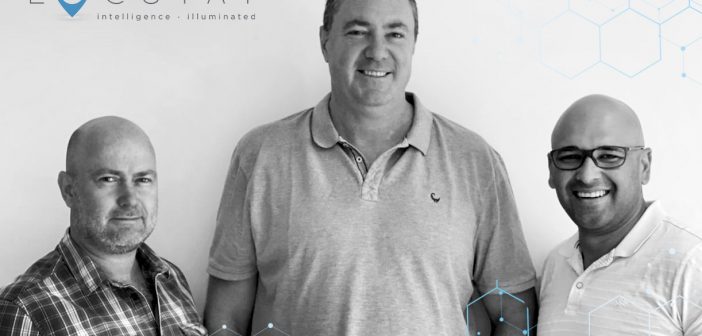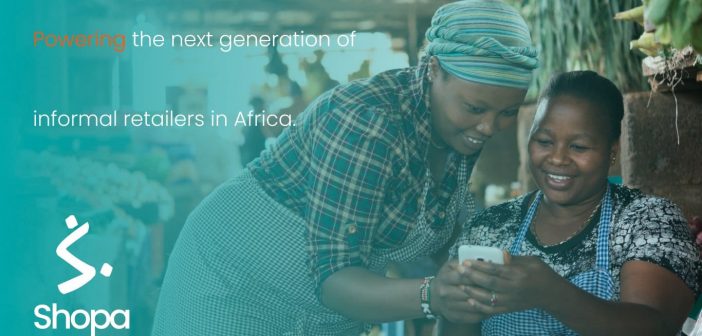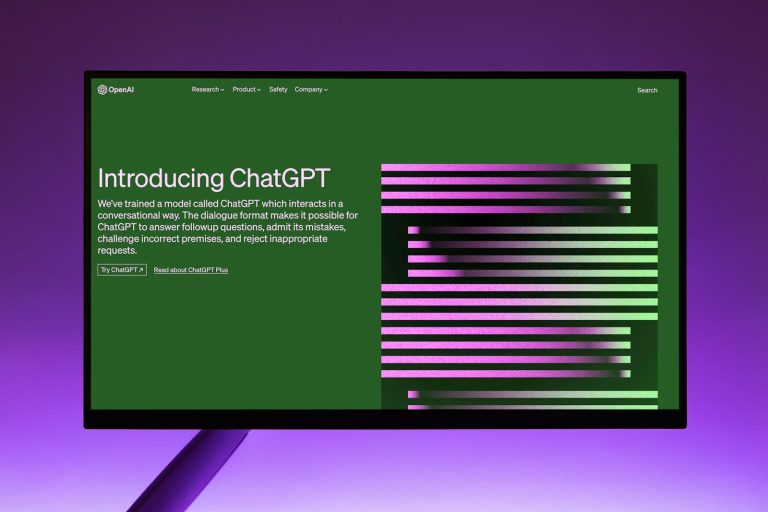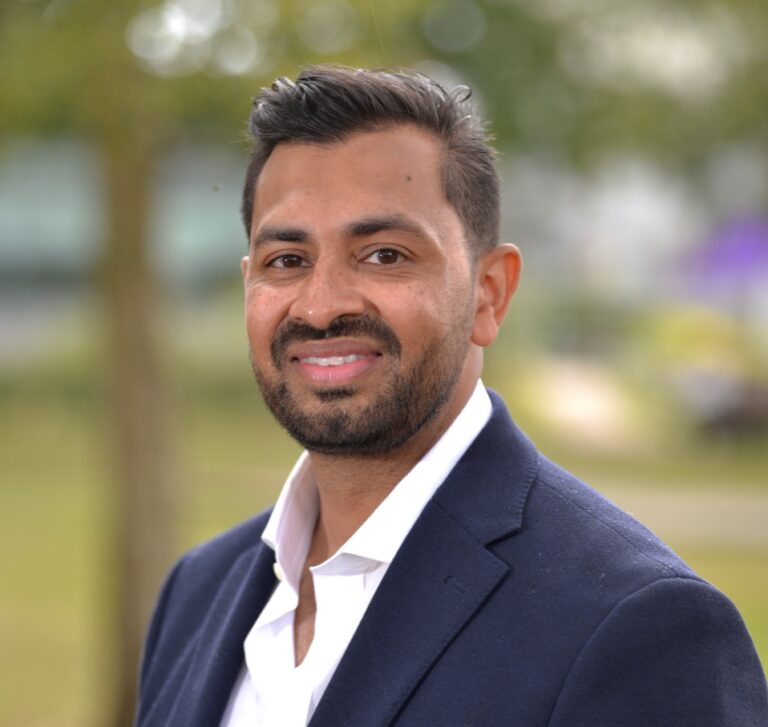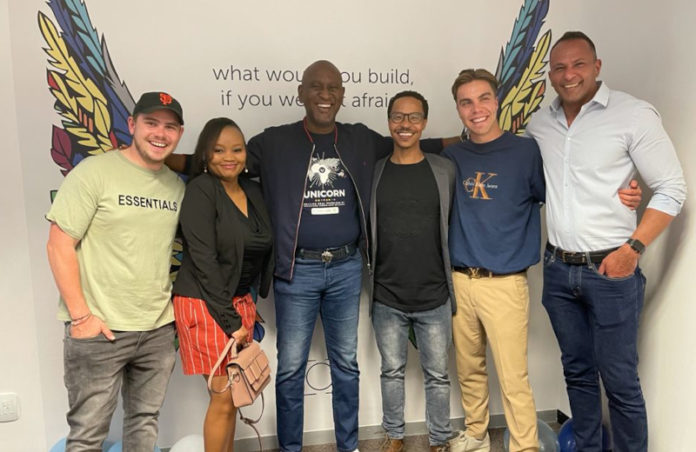Artificial Intelligence and the Future of Work: Opportunities for Africa
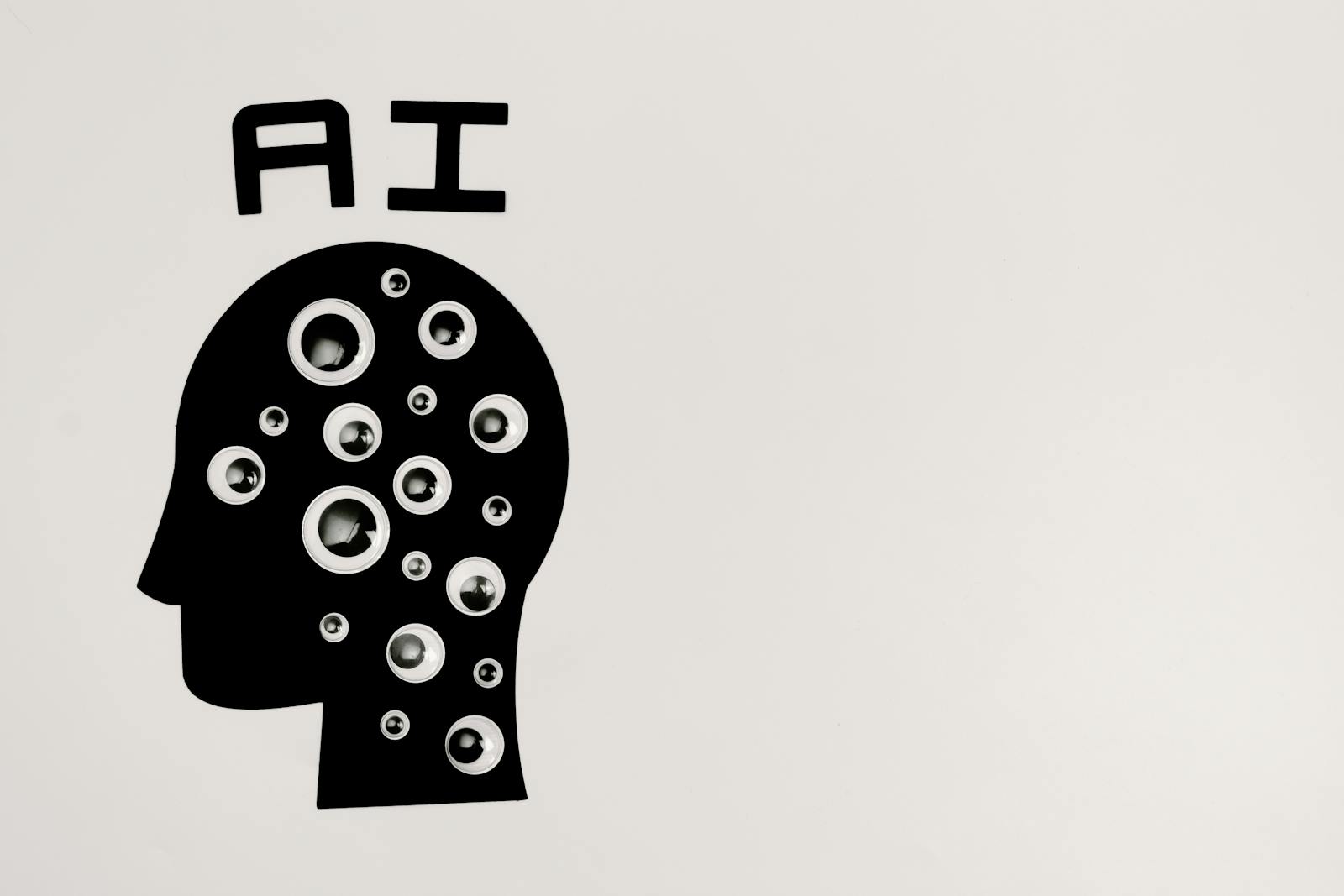
Since the environment for applications is still developing and large language learning models (LLMs) are still in their infancy, Africa offers a unique opportunity to shape the future of work. As per the whitepaper on AI and the Future of Work in Africa, which was created by Microsoft in collaboration with a group of industry specialists from all around the continent.
By the turn of the century, Africa is expected to host over half of the world’s youth population, or nearly one billion individuals under the age of 35, thereby constituting half of the continent’s potential future labor force.
Currently, up to 12 million young Africans join the workforce each year, yet over 20% do not have a job, are not enrolled in school, or are receiving training, according to an ILO report.
According to Ravi Bhat, Chief Technology and Solutions Officer at Microsoft Africa, “we see a significant role for generative AI to not only transform work environments but also foster opportunities for the youth to create jobs, innovate, and help drive economic growth and stability across the continent.”
Many anticipate that generative AI will significantly alter the roles of knowledge workers, particularly with regard to the nature of the work performed, the skills needed, and the results generated, according to the whitepaper.
According to McKinsey research , depending on the rate of technology adoption and the reallocation of worker time to other activities, generative AI (GenAI) could enable labor productivity gains of up to 0.6% yearly through 2040.
“Human capabilities could be significantly advanced by generative AI,” says Microsoft Research Africa Director Jacki O’Neill. “The possibilities for skilling can rise as more people in Africa have access to GenAI tools thanks to their internet-enabled devices and more reasonably priced data, lowering access barriers.”
“But GenAI has advantages for more than just information workers.”
To guarantee that the younger generation is not left behind in this technological revolution, it is imperative to strike a balance between the promise of GenAI to revolutionize sectors such as agriculture, healthcare, and services, and to provide them with the necessary skills for a labor market disrupted by AI.
Consequently, it is critical to develop a wide range of skills, including post-graduate research and innovation skills in machine learning, natural language processing, human-computer interaction, cybersecurity, and systems, to name a few. These skills span the entire spectrum from how to deploy and use GenAI tools effectively at work to how to create appropriate and innovative applications and technologies on top of these models.
“Investing in this range of skills gives Africans the best opportunity to create dignified, appropriate jobs, to adapt AI sensitively to Indigenous knowledge, to create new value chains, and better AI systems which might reflect for example human-centered and community values. Such systems would add value globally and could counter typical tech-centric models of automation and deskilling,” adds O’Neill.
GenAI may be more customised to each worker by learning from interactions and developing into a personalised tool that respects privacy and builds on each worker’s special talents with culturally and linguistically sensitive design. It can act as a manual to promote inclusivity and highlight the range of skills and proficiencies possessed by African laborers. Additionally, GenAI can be utilized as a community-focused tool to promote cooperative effort and social advancement.
Technology may help with data analysis, risk assessment, and decision-making, enabling business owners in their endeavors. Tailored GenAI solutions will help entrepreneurs in the informal sector become more capable by offering specialized support for their particular requirements.
The whitepaper states that proactive governance, inclusive design, educational investment, and adherence to ethical and regulatory standards are necessary to guarantee a positive conclusion with GenAI. This is a shared duty that calls for participation from citizens, technologists, and legislators.
“Our young continent has issues that technology cannot solve on its own. To guarantee that GenAI and AI in general are used responsibly and that labor connected to AI is appreciated and respected, we must establish policies and procedures. The macroeconomic, labor, and regulatory markets must adjust and be able to facilitate constructive change, continues Bhat.
Microsoft is dedicated to working with people, governments, partners, and stakeholders throughout the continent to get ready for a future in which AI is deeply ingrained in African society and the workplace. The AI revolution is not only possible, but is already happening in Africa.


